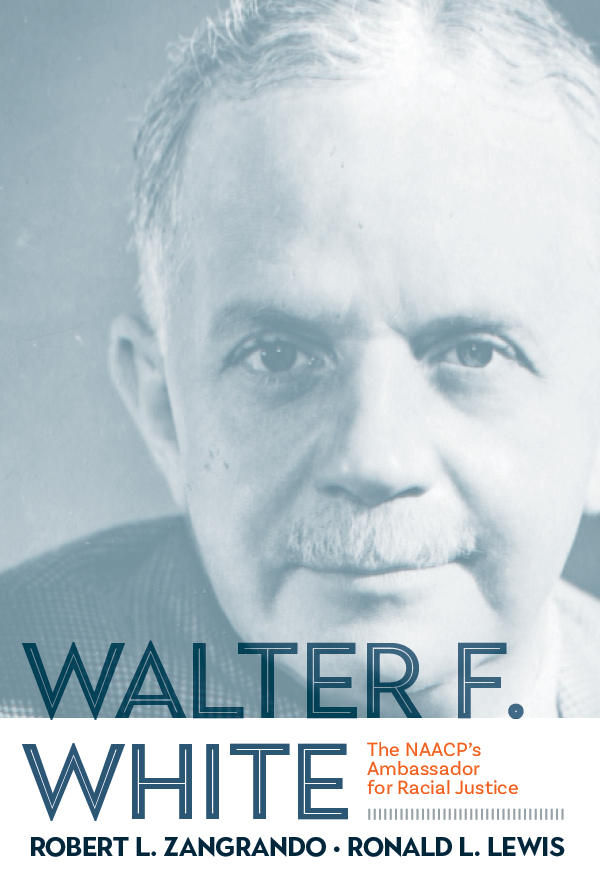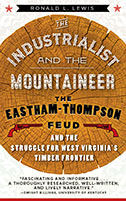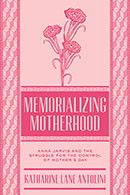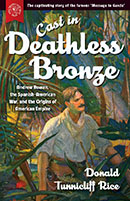
Robert L. Zangrando and
Ronald L. Lewis
468pp
CL 978-1-946684-62-2
$59.99
eBook 978-1-946684-63-9
$59.99
Summary
Walter F. White of Atlanta, Georgia, joined the National Association for the Advancement of Colored People (NAACP) in 1918 as an assistant to Executive Secretary James Weldon Johnson. When Johnson retired in 1929, White replaced him as head of the NAACP, a position he maintained until his death in 1955. During his long tenure, White was in the vanguard of the struggle for interracial justice. His reputation went into decline, however, in the era of grassroots activism that followed his death. White’s disagreements with the US Left, and his ambiguous racial background—he was of mixed heritage, could “pass” as white, and divorced a black woman to marry a white woman—fueled ambivalence about his legacy.
In this comprehensive biography, Zangrando and Lewis seek to provide a reassessment of White within the context of his own time, revising critical interpretations of his career. White was a promoter of and a participant in the Harlem Renaissance, a daily fixture in the halls of Congress lobbying for civil rights legislation, and a powerful figure with access to the administrations of Roosevelt (via Eleanor) and Truman. As executive secretary of the NAACP, White fought incessantly to desegregate the American military and pushed to ensure equal employment opportunities. On the international stage, White advocated for people of color in a decolonized world and for economic development aid to nations like India and Haiti, bridging the civil rights struggles at home and abroad.
Contents
Preface
Introduction
1. Atlanta Days
2. Back to the South and Up to the Hill: The Antilynching Campaign
3. Pan-Africanism and the Harlem Renaissance
4. The Challenges of Leadership
5. Legal Battles and Walter White’s Triumph
6. On Haiti’s Behalf
7. Race and Class: The Harris Challenge
8. A Renewed Antilynching Campaign
9. At the Top of His Game
10. Bargaining with a President
11. Confronting Hollywood
12. Fighting for Jobs and Ballots
13. Wartime Challenges
14. Overseas in Wartime
15. A World Awaiting
16. Postwar Violence and an Extraordinary Presidential Committee
17. Poppy
18. A Pivotal Year
19. The Election of Truman, 1948
20. A Final Breach with Du Bois
21. To Paris and Berlin
22. Months of Stress and Tension
23. “Active When Absent”
24. Conservative Revival in the Troubled Fifties
25. A Global Advocacy
26. Diminished Final Years
Notes
Bibliography of Primary Sources
Index
Author
Robert L. Zangrando is professor emeritus of history at the University of Akron. He lives in Stow, Ohio.
Ronald L. Lewis is Stuart and Joyce Robbins chair and professor emeritus of history at West Virginia University. He is the author of several books, including The Industrialist and the Mountaineer: The Eastham-Thompson Feud and the Struggle for West Virginia’s Timber Frontier, Aspiring to Greatness: West Virginia University since World War II, and Transforming the Appalachian Countryside: Railroads, Deforestation, and Social Change in West Virginia, 1880–1920.
Reviews
“A well-crafted, thoroughly researched, and persuasively argued biography of one of the foremost African American civil rights leaders of the twentieth century.”
Joe William Trotter Jr., Carnegie Mellon University













